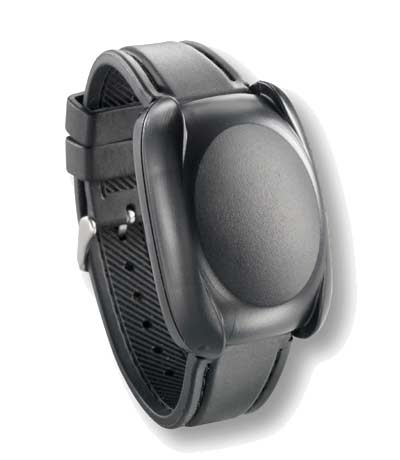Got Teens?
Make the most of family time with these suggestions from Malcolm and Laura Gauld, parenting experts and co-authors of the parenting book “The Biggest Job We’ll Ever Have” (Scribner).
Build positive attitudes. Take time out every week to create and build upon family traditions. During the summer months, walk on a trail or to the park, prepare a meal together, or volunteer at the local animal shelter.
Talk about the important stuff. Hold weekly family meetings (even for only 15 minutes) to share ideas, challenges, and stories.
Share the load. Assigning family jobs teaches responsibility and gives teens an opportunity to learn what they enjoy – painting, repair work, gardening, etc.
Insist on fun. Schedule a time to do something fun and silly. Sure, teens may resist at first, but the positive effect of laughing for 30 straight minutes cannot be overestimated.
Don’t take yourself too seriously. Demand respect, but let the comments your teenager makes roll off.
For more from Malcolm and Laura Gauld, visit their blog at greatparenting101.com.
Seconds Save Lives
Practical advice (and a free brochure) from emergency care experts helps you take action in case of a medical emergency.
“Nobody plans an emergency, but you can take steps to be prepared for one,” said Dr. Angela Gardner, president of the American College of Emergency Physicians (ACEP). “The most important—and yet sometimes the most difficult thing to do—is to keep your composure. You will be better able to provide critical information to emergency responders and physicians, whether for yourself or someone else.”
To get started, enter emergency contact information into your cell phone under the name “ICE” (for In Case of Emergency) and make sure family medical information is organized and available to take to the emergency department.
Then, click here to download a free ACEP brochure that tells bystanders when to call for help, what to say, and what to do while waiting. Share the information with your family, and keep copies in your billfold or glove compartment.
“Everyone is only one step away from a medical emergency,” reminds Dr. Gardner, “and when it happens, seconds can save lives.”
Is Your Public Pool Safe? Test it!
Unhealthy swimming pools are more common than you may think, warn experts from the Centers for Disease Control and Prevention (CDC) who are encouraging swimmers to take action this summer with free test kits from the Water Quality & Healthy Council.
“Chlorine and pH are a key defense against germs that can make swimmers sick,” explains Michele Hlavsa, Chief of the Healthy Swimming Program at the Centers for Disease Control and Prevention. In contrast, improperly chlorinated water puts swimmers at risk for recreational water illnesses (RWIs) like diarrhea and ear and skin infections.
Last year’s survey by the Water Quality and Health Council found that one in five Americans pee in the pool. Urine, as well as sweat and sunscreens, contains nitrogen that eats up some of a pool’s free chlorine, making it less effective in fighting off waterborne germs.
“You can’t always trust your fellow swimmer to practice healthy swimming habits,” said Chris Wiant, Chair of the Water Quality and Health Council. “But, what you can do is test the chlorine level and pH of the water to make sure your pool is properly treated – and immediately approach pool staff if it is not.”
RWIs are on the rise. Are you swimming in an unhealthy pool? Don’t get in the water if you:
- Can’t see the floor drain in the deep end of the pool;
- Can’t hear the pool pump running;
- Do smell a strong chemical odor; or
- Do feel sliminess on tile walls.
Read more healthy swimming tips at the CDC’s website.
Finding a Missing Loved One

Courtesy of EmFinders
What do children with autism, people with Down syndrome, and adults with Alzheimer’s have in common? All tend to wander—and with potentially life-threatening consequences, of course.
Most of us have experienced panic and fear when a child has wandered in a store or other public place. But for families with loved ones affected by cognition disorders, the risk of wandering is a daily yet rarely talked-about reality.
A new cellular device may help. The EmSeeQ from EmFinders is fully integrated with the nationwide 9-1-1 system. When triggered by the parent or caregiver, the watch-like device sends digital signals to emergency responders to quickly locate and recover the person who has become disoriented and lost.
For more information on price and coverage area, see emfinders.com.
Become a Saturday Evening Post member and enjoy unlimited access. Subscribe now



